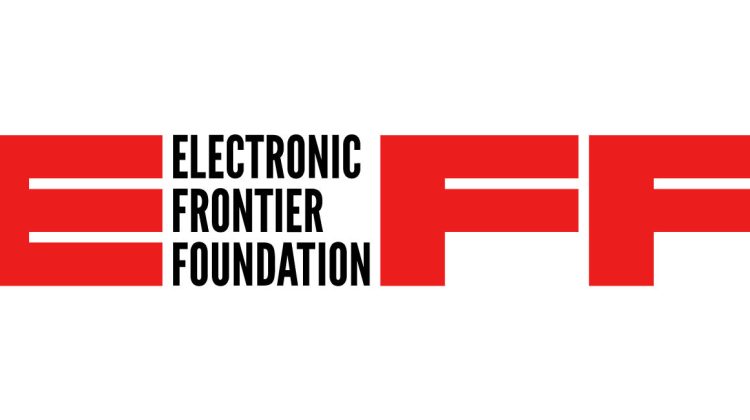In today’s digital economy, it is easier than ever to exploit the most valuable resource humans have ever known. It’s not oil, natural gas, or some rare earth ore. It’s not the wind or solar energy. The most valuable resource humans have ever known is and always has been other humans, their labor and their desires. Whether it’s a business trying to sell you something or a criminal trying to steal from you, it has never been easier for people who want to exploit you to get all the information they need to do just that.
There is a thriving market of “analytics data” used by large companies like Facebook and Google to target us with advertisements. That data is largely collected by apps on our phones, and by our web browsers on our computers. We carry the most powerful surveillance tools humans have ever designed around with us willingly every day and call these digital snoops fun names like “Alexa” even as they sell everything from our buying habits and TV preferences to our real-time location information and even our very voices to the highest bidder. A few decades ago, it would have sounded like a paranoid conspiracy theory. Now it is simply a fact that many of us would rather ignore.
If it were simply used by advertisers, that would be annoying enough, but this data is available to anyone with enough money to buy it from data brokers online — and that means it gets used by people with even worse intentions than the modern day “Mad Men” who use it to sell us our thousandth trendy water bottle. According to government agencies such as the IRS and the FBI, that data is being used more and more frequently to target people for scams, phishing, and identity theft.
It’s not just that the data is bought and sold, which often comes with regulations on how that data can be used. The very fact it is collected and stored makes it vulnerable to being leaked or hacked, and the criminals who make use of those leaks do not have the same scruples or oversight. It has become so common to hear about data breaches from major companies and even government agencies that many people tune out when they hear the news — unless it directly affects them, like the estimated 15 million people whose data (including Social Security numbers) was leaked when Experian was hacked in 2015.
Internet and technology policy watchdog the Electronic Frontier Foundation has warned for decades about all of this while advocating for digital privacy. As Edward Snowden warned us over a decade ago, our data is also being used by those same major government agencies that warn us about how our data is being used by scammers. EFF reports that the American National Security Agency has engaged in large-scale “drag-net” operations recording data about phone calls since at least 2005, and that similar programs exist for online activity.
Luckily, there are ways to help protect yourself and your data.
First, be aware of the risks. Scam calls and email phishing attempts have gotten more targeted and sophisticated as data leaks have made people more vulnerable, so never blindly trust an unsolicited call or email from someone claiming to be from your bank or the IRS. Next, try to limit the amount of information you give up. Don’t post publicly about your travel plans; some criminals use those public posts as invitations to do burglary when they know you won’t be home.
Install a free “ad-blocker” such as uBlock Origin in your web browser to help protect yourself from phishing emails and malicious websites, and to limit the amount of web tracking data you give up in the first place. For a modest price, there are also VPNs such as the one provided by Swiss privacy-focused internet services company Proton, which can block advertisements and internet tracking at the source across every app on your devices.
One useful resource to learn more is the comprehensive Surveillance Self Defense guide produced by EFF, at ssd.eff.org. You can also visit EFF’s main website at eff.org to learn more about the risks posed by the abysmal state of digital privacy and what they are doing to help improve the situation.



